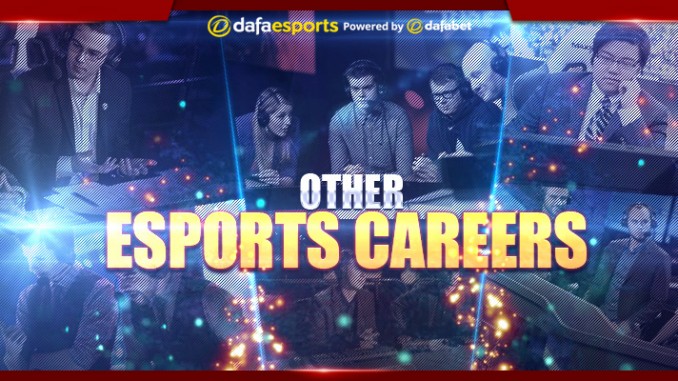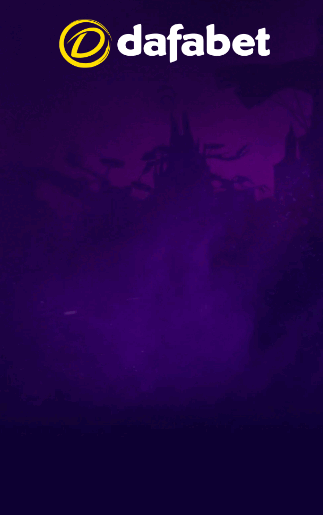
Individual players and strong teams are the focus of eSports around the world, but in this flourishing multi-billion dollar industry, there are many other key roles and potential careers for those who are looking to participate.
Here we take a look at a few of these positions in and around an eSports team or event.
Coaching is a hands-on role
Every single major eSport has a coaching role that is key to the success of a player or team. Many coaches will be on stage assisting their team at some point in the match, with CS:GO coaches communicating during time outs and League of Legends coaches assisting in the Pick and Ban phase for example.
Coaches are incredibly important in the landscape of eSports, with many being an older respected figure who can keep the team together through the highs and lows of the year. Without proper leadership, even the most talented teams have stumbled, showing how important a quality coach is to maintaining a team’s excellence.
Analysts provide detailed insight
An analyst holds a similar leadership role to a coach, but their primary goal is to understand the game on an even deeper level and relay that information to the players in a controlled and precise manner. An analyst will go over replays with the player/team to point out what minor (or major) mistakes were made that negatively impacted their game.
An analyst also holds a critical position for an organization and can be the difference between a good team and a great team. Many analysts are former players, allowing for a closer understanding of both the game and what the players require to excel.
Managers are an organization’s glue
Every organization has a manager for their different eSports divisions. Managers allow the players, analysts and coaches to focus on the game while they deal with the logistics of everyday life. A manager’s primary role is to ensure the players make it to events on time and have whatever gear they need. Most managers are the unsung heroes as they set up plane tickets, hotel bookings and take care of the daily necessities of the team, allowing them to focus on their primary purpose; bringing home the win at the numerous global events in which they participate.
Shoutcasting has multiple opportunities
On the other side of an eSports broadcast, there are various talent positions that make the show run smoothly. During the game, a pair of Shoutcasters – the colour caster and the play-by-play caster – will usually keep the audience informed as the game progresses, as well as providing further entertainment.
The focus of the play-by-play caster is to announce what is occurring in real time. Typically a play-by-play caster in League of Legends, Overwatch or CS:GO will speak the most when there is a fight occurring as they try to explain the action as quickly as possible.
Meanwhile, colour casters add to the broadcast by talking in-between the major action sequences and providing a discussion point or something to focus upon such as statistical analysis, strategy and form information, and injury reports of the players.
Studio staff add to the experience
Other on-air talent for a broadcast can include an analyst desk, an interviewer and a desk host.
On the desk there is usually a moderator who controls the topic of discussion, while the others on the desk speak about that topic with in-depth analysis and understanding. Many desk analysts are former team analysts/players and this assists them in presenting information from the game through the perspective of the players.
Meanwhile, most tournaments will have a designated interviewer who will interview a member of the winning team to get insights into how they felt throughout the match.
Referees also a vital component
Last, but not least, are those individuals who are on stage with the players for the entirety of the game; the referees. Referees are a key part of eSports, listening into a team’s communication and looking at their monitors/set-ups to makes sure no rules are broken throughout the event. While referees get little recognition, they are a key part of what allows eSports to be viewed as a legitimate competitive circuit.
Coaches, analysts, managers, shoutcasters, studio staff and referees are joined by production staff and event organizers in what is a fast growing entertainment sector. Ultimately it is the professionalism of these largely unsung individuals that allows the stars to shine.










